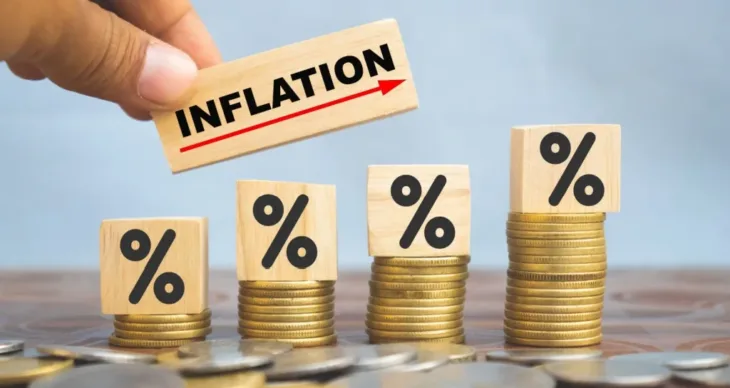Inflation—it’s a word we hear all the time, especially on the news. But what exactly is it, and how does it affect our everyday lives, particularly our housing situation? While inflation might seem like an abstract concept, it has real, tangible effects on our daily lives, especially when it comes to housing.
Understanding inflation and how it influences housing can help you make more informed decisions and better navigate the market. Staying informed and proactive is key to managing your finances effectively. Let’s break it down in an easy-to-understand way and see how it impacts things like rent and interest rates.
What is inflation? At its core, inflation is the rate at which the general level of prices for goods and services rises, leading to a decrease in purchasing power. In simpler terms, it means you get less for your money over time.
For example, if the inflation rate is 3%, something that costs $100 today will cost $103 next year. This might not sound like a big deal, but it adds up, especially when we’re talking about major expenses like housing.
Recent Inflation Statistics
In recent years, we’ve seen significant changes in inflation rates. For instance, the U.S. inflation rate hit a 40-year high in 2022, peaking at around 9.1% in June. This spike was due to a combination of factors, including:
- Supply chain disruptions
- Increased customer demand
- Rising energy prices
- Labor market conditions
While inflation rates have cooled slightly since then, they remain higher than the historical average, affecting everything from groceries to gas—and, yes, housing.
How Inflation Affects Rent Rates
If you’re a renter, you’ve probably noticed your rent going up. Inflation is a big part of why that happens.
When inflation rises, the cost of living goes up, and landlords need to adjust their rent prices to cover their increased expenses, such as maintenance, property taxes, and utilities.
Additionally, higher inflation can increase demand for rental properties, especially if potential homebuyers are priced out of the housing market due to rising home prices and interest rates.
The Impact on Interest Rates
Interest rates and inflation are closely linked. To control high inflation, the Federal Reserve often raises interest rates. This makes borrowing more expensive, which in turn can slow down spending and help bring inflation under control.
However, for those looking to buy a home, higher interest rates mean higher mortgage payments. For example, if you’re eyeing a house and the interest rate jumps from 3% to 5%, your monthly mortgage payment could increase significantly, making homeownership less affordable.
Why It’s Important to Understand Inflation
Understanding inflation is crucial for making informed financial decisions.
- If you’re renting, knowing that inflation can drive up rent prices might encourage you to budget more carefully or consider a longer-term lease to lock in your rent rate.
- For potential homebuyers, being aware of how inflation affects interest rates can help you decide the best time to buy and how much house you can afford.
Inflation also impacts your savings and investments. Money sitting in a low-interest savings account might lose value over time if the interest earned doesn’t keep up with inflation. On the flip side, investing in assets that tend to appreciate over time, like real estate or certain stocks, can help protect your purchasing power.
So, next time you hear about inflation on the news, you’ll know exactly what’s going on and how it might affect your wallet. Next, we dive deeper into how inflation directly impacts renters, from rising rent rates to increased living costs, and how you can navigate these changes.
By Admin –
